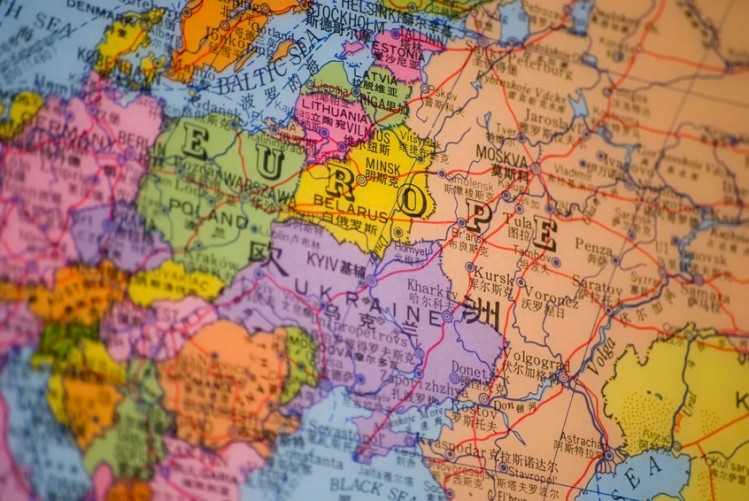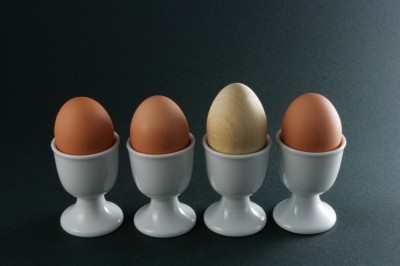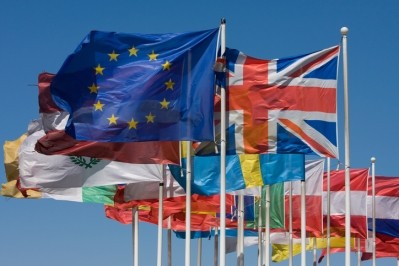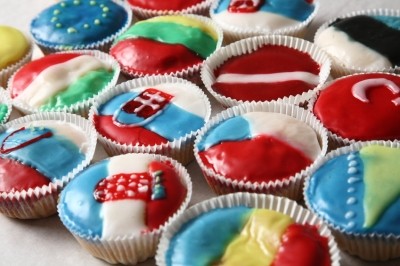Croatian survey: Dual quality and price affects 85% of sampled products

Among a sample of 26 products available on the Croatian and German markets, there were differences in 22 products or 85% of the sample.
More than half (54%) of the products showed a difference in composition while over 60% of the samples for sale on the Croatian market were more expensive than in Germany at the time of purchase.
Only three products were identical in both ingredient composition and price: Barilla spaghetti number 5, Lenor Summerbreeze freshness, Red Bull and Happy Day 100% orange juice.
German baby food manufacturer Hipp’s rice, carrot and turkey baby food had a “significantly lower” share of vegetables and a higher share of rice than the German

product, according to Croatian MEP Biljana Borzan, meaning it had lower levels of healthy omega-3 fatty acids.
This was particularly salient given that the Croatian product was 50% more expensive than the German one, said Borzan, a member of the Socialist and Democrat party.
Director of the Croatian Food Agency Andrea Gross-Boskovic said it was aware of the “extremely sensitive but also extremely important” nature of the study, and therefore carried out the sampling in "a highly professional and precise way".
“The analyses were entrusted to top Croatian accredited laboratories, and after receiving the results, the Croatian Food Agency formed a working group of experts, with whom we jointly formulated our conclusions.”
The authorities, who presented the survey findings in Zagreb last week, tested 26 products, including non-food products, such as laundry detergent and toothpaste.
The products were chosen based on the results of a poll among Croatian citizens, who were asked to select the products to evaluate.
There was one exception to the alleged practice of ‘Eastern Europe poorer quality’, however. Haribo’s Happy Cola gummy candies contained more sugar in the German product than the Croatian. “It is correct that Haribo Happy Cola is of better quality in Croatia [but] it is the only product in the survey with such findings,” a spokesperson for Borzan told FoodNavigator.
“It is important to ensure criteria that will ensure differences in quality are not discriminatory, but that they are indeed a reflection of consumer preferences, differences in dietary habits or specificities of the area,” said Gross-Boskovic.
Borzan said she was in favour of expanding consumer legislation on EU level to combat this issue.
Earlier this year the European Commission said it did not intend to legislate on the issue but later backtracked, saying it was preparing guidelines to help national authorities identify and put an end to the practice which it described as "totally unacceptable" and discriminatory.

















